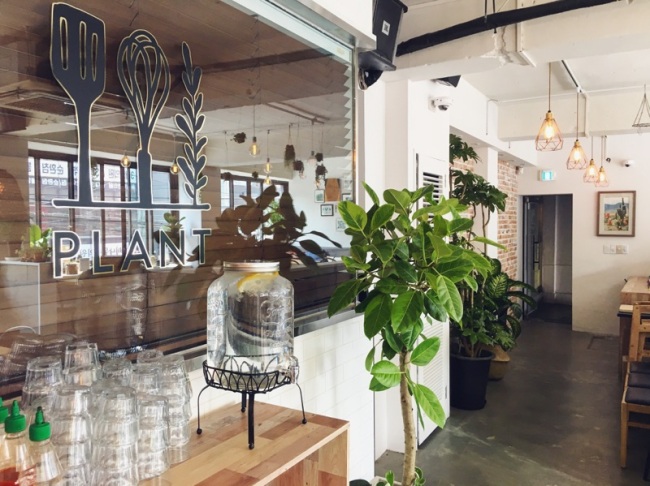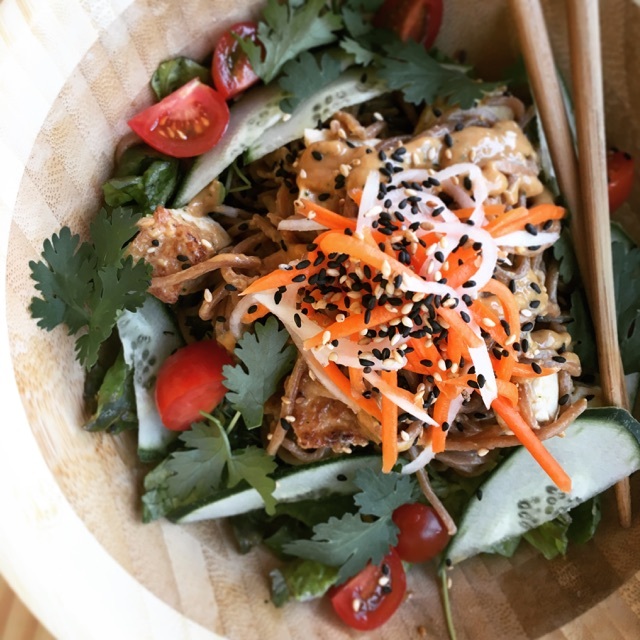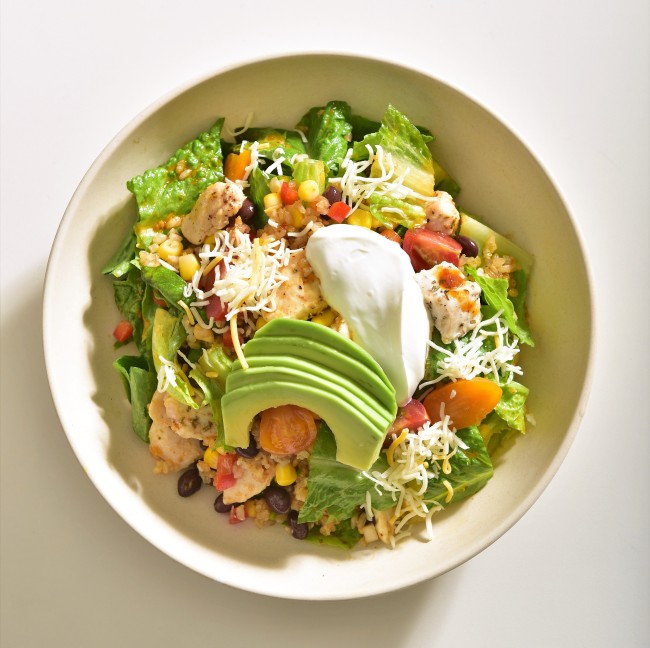Aparna Balakumar, a 21-year-old Australian student visiting South Korea, says she was a little nervous about coming to the country for the first time, fearing that her food options might be limited as a vegetarian.
But after weeks of hunting in Seoul, she learned there are a significant number of vegetarian communities here and an increasing number of places to go that are vegetarian-friendly, with many of them located in districts frequented by foreigners such as Itaewon.
“Plant in Itaewon, for instance, has been a lifesaver. The burrito bowl and chickpea sandwiches are filling and even the desserts, from the cakes to the Oreo brownies, taste amazing,” Balakumar said.
 |
The interior of Plant in Yongsan-gu, Seoul (Plant) |
Plant is a vegan-only place in Seoul that is generally packed as many nonvegetarians also visit and enjoy its flavor combinations.
It offers a sloppy chili cheeseburger, which contains its signature veggie patty, vegan cheese, chili, fried onions, romaine and aioli. There is also the tempeh rainbow wrap, which features tempeh, carrot slaw, pickled cabbage, coconut cheese, romaine, kale and sprouts. Another dish is the sesame peanut soba bowl, which consists of soba noodles, along with peanut satay dressing, carrot-daikon pickles and other vegetables.
 |
Plant’s sesame peanut soba bowl (Plant) |
Root is another place in Itaewon that offers options for people looking for vegetarian-friendly dishes. It provides food ranging from vegan-only dishes to meals that non-vegetarians might also enjoy.
Among other things, it offers a salad with chicken, brown rice, romaine, avocado, corn, black bean, salsa, cherry tomato, mozzarella cheese, sour cream, cilantro and chipotle dressing.
“Not only foreigners but also many Koreans visit this place. Around 70 to 80 percent of our customers are Korean,” said an employee at the restaurant. “Some of them said they were vegetarians, but most of them said that they just came to eat healthy.”
Having begun business in May 2016, Root plans to open two more branches in Seoul soon and possibly more at department stores and multi-purpose buildings in large commercial areas, riding on its increasing popularity among Koreans.
Kristen Yang, the owner of Root said, “Root will always aim to offer meals that feel healthy and filling with ingredients that people can trust.”
 |
A salad offered by Root in Itaewon, Seoul (Root) |
Joseph Hill is a 35-year-old Korean-American foodie, who founded the food startup Mogo that delivers vegetarian-friendly meal kits for preparation at home. He told The Korea Herald why he started his business here.
“I noticed that there was a lack of healthy food in convenience stores and that always bothered me because sometimes I wanted something easy and quick, but it was always extremely unhealthy food loaded with preservatives, artificial colors, flavors, and lots of chemicals. I felt that there needed to be healthy convenient options,” Hill said.
Mogo, which began in October last year, currently offers meal kits that contain “superfood” ingredients that are hard to find in Korea. These kits cost an average of around 10,000 won ($8.80) for two to three servings.
“An overwhelming majority of our customer base are actually meat eaters who just want something healthier for themselves and something better for the planet,” he said, adding that people are now catching on to the cultural zeitgeist of healthier options for humans as well as the planet.
To find more gems that cater to vegetarians, there are platforms such as Seoul Veggie Club on Facebook and vegetarian restaurant guide HappyCow.
Here is a
map of vegetarian-friendly places in metropolitan areas in Seoul.
By Shim Woo-hyun (
ws@heraldcorp.com)









![[Today’s K-pop] Blackpink’s Jennie, Lisa invited to Coachella as solo acts](http://res.heraldm.com/phpwas/restmb_idxmake.php?idx=644&simg=/content/image/2024/11/21/20241121050099_0.jpg)
